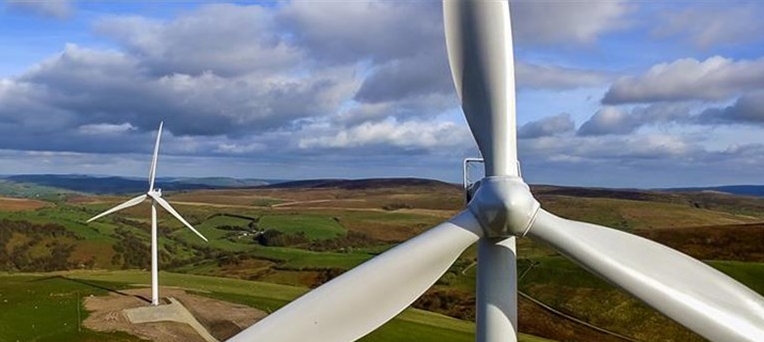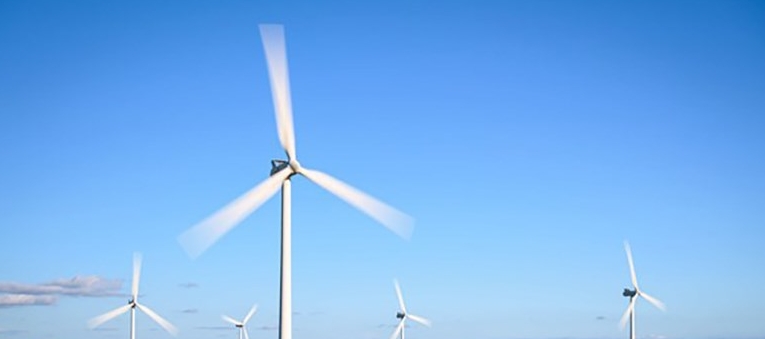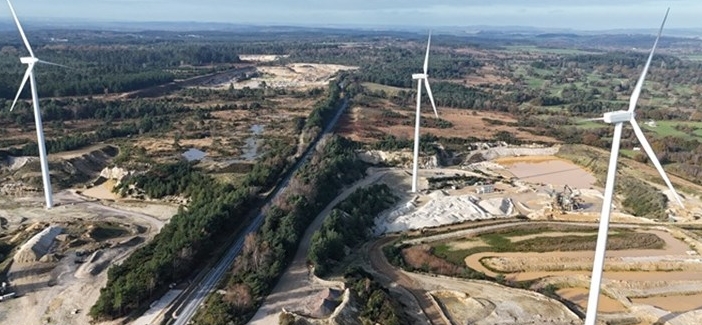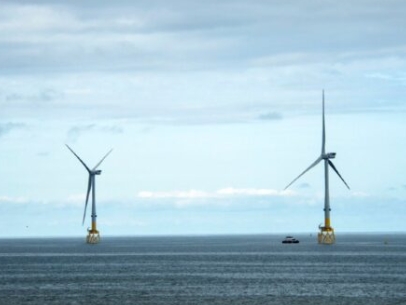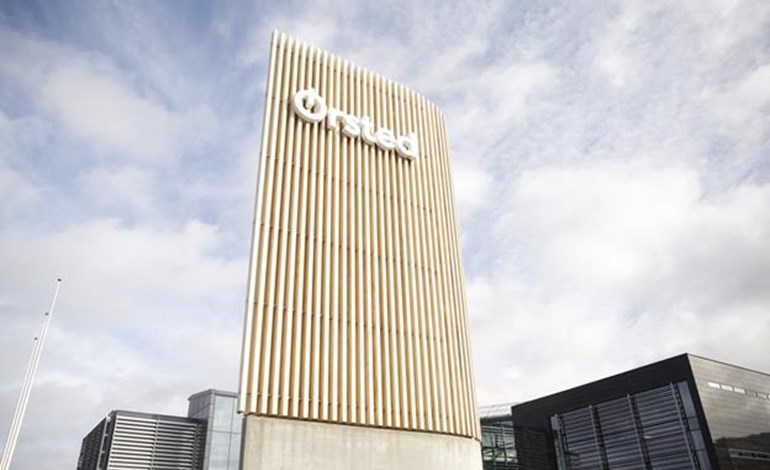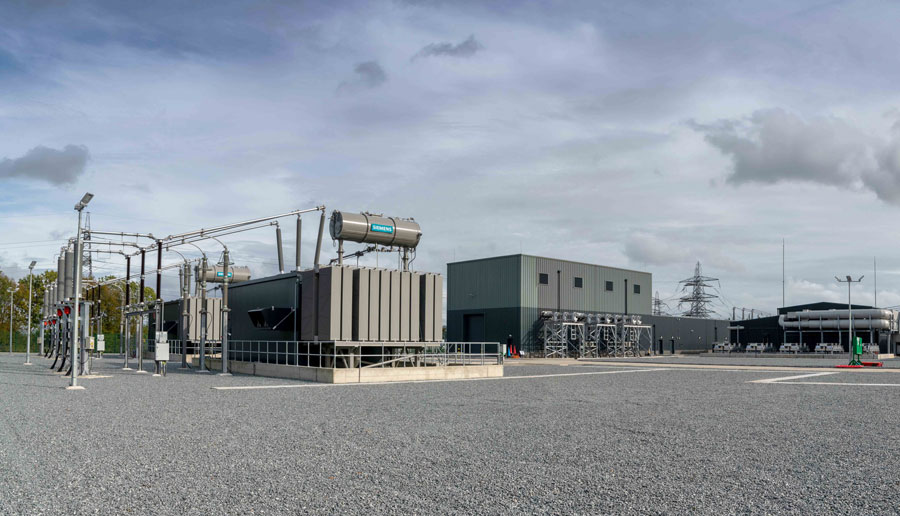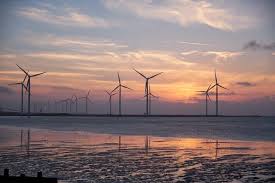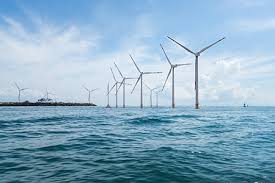Japan's upper house of parliament on Wednesday approved the world's largest free trade deal RCEP which comprises 15 Asia-Pacific countries.

The bloc includes the 10 member countries of the Association of Southeast Asian Nations (ASEAN) as well as China, Japan, South Korea, Australia and New Zealand.
Japan's House of Representatives, the lower house of the parliament gave its approval earlier this month.
The Regional Comprehensive Economic Partnership (RCEP), signed in November 2020, is expected to create a massive free trade zone across a wide assortment of indicators, and its 15 member states are home to 2.27 billion people, with a total gross domestic product of 26 trillion U.S. dollars and total exports of 5.2 trillion U.S. dollars.
When taking effect, the deal will eliminate tariffs on 91 percent of goods and introduces common rules on investment and intellectual property to promote free trade.
For Japan, it will be the first trade deal that involves both China, its largest trading partner and South Korea, its third largest trading partner.
The pact will enter into force 60 days after it is ratified by six of the ASEAN members and three non-ASEAN countries.
As of Wednesday, China, Singapore and Thailand have completed procedures for ratification.
China, the world's second-largest economy, completed the procedures for ratification on April 15 this year, after it approved the ratification of the RCEP agreement on March 22, according to its ministry of commerce.
Singapore, for its part, ratified the RCEP agreement on April 9.
A ministry statement quoted Singapore's Trade and Industry Minister Chan Chun Sing as saying the ratification "signals Singapore's strong commitment to strengthening our trade and economic linkages with our partners, for the benefit of our businesses and people."
The parliament of Thailand approved the RCEP agreement on Feb. 11, according to Thailand's Deputy Prime Minister and Commerce Minister Jurin Laksanawisit.
Laksanawisit said RCEP member countries are accelerating the ratification procedures of the agreement, which will generate huge development opportunities for Thailand.
China's commerce ministry, in addition, has said that all RCEP signatories have expressed their intentions to complete the ratification process within the year so as to see its taking effect from Jan. 1, 2022.
The Japanese government said in March that its economy could be boosted by 15 trillion yen (140 billion U.S. dollars) by the massive trade deal.
In the country's first publicized estimate on the impact of the trade deal in Japan, the government also expected some 570,000 jobs to be created.
ASEAN comprises Brunei, Cambodia, Indonesia, Laos, Malaysia, Myanmar, the Philippines, Singapore, Thailand and Vietnam.
